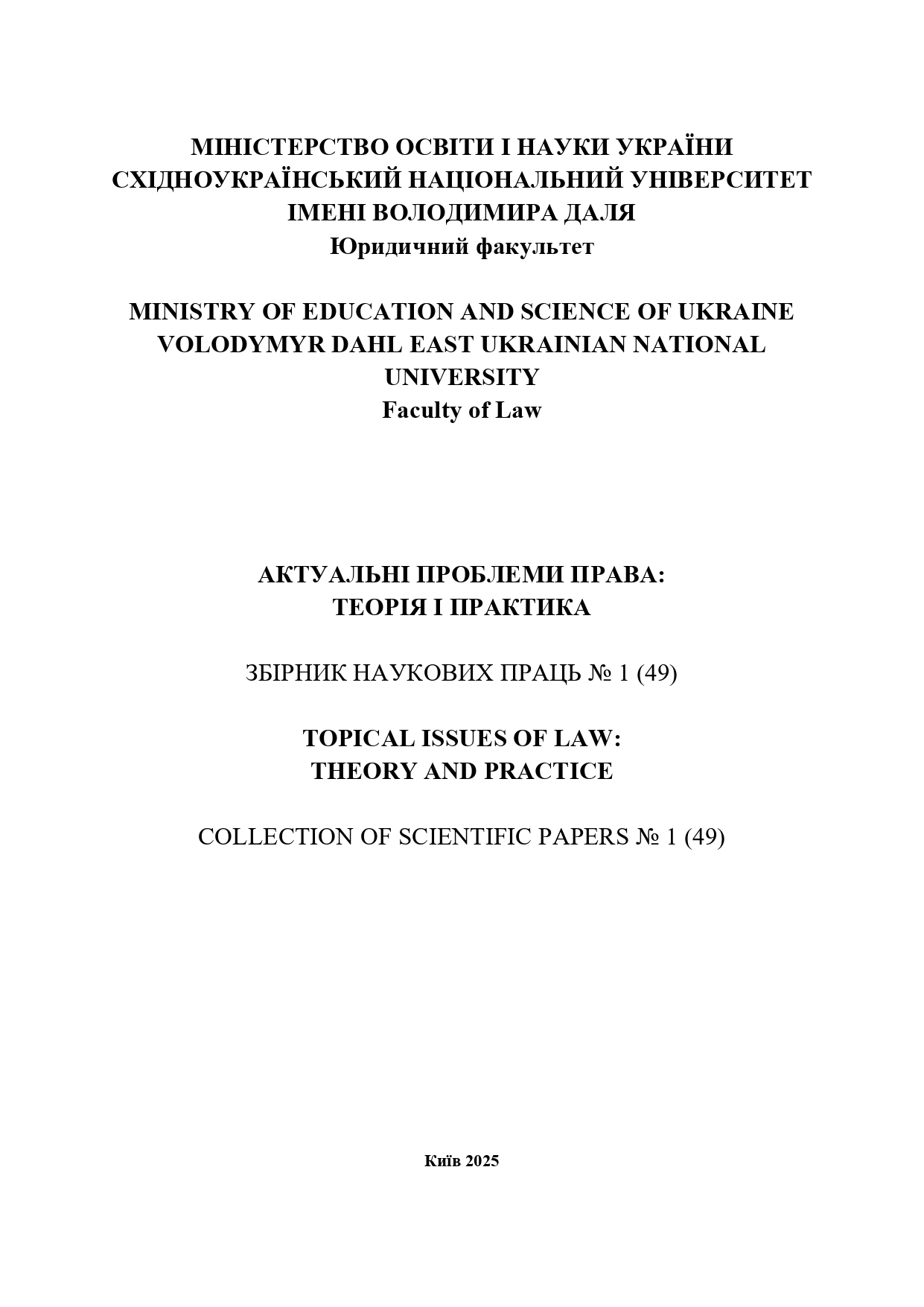INDIVIDUAL CONTRACTUAL REGULATION OF TELECOMMUNICATION WORK IN THE CONTEXT OF INTERNATIONAL LEGAL STANDARDS
DOI:
https://doi.org/10.33216/2218-5461/2025-49-1-11-21Abstract
The article examines the individual contractual
regulation of remote work in the context of
international standards. The spread of remote work
has become one of the leading trends in the modern
labor market, which is due to technological progress,
changing approaches to the organization of the labor
process and global challenges, in particular the
COVID-19 pandemic and the armed aggression of the
Russian Federation against Ukraine. It is emphasized
that in the conditions of transformation of labor relations, traditional legal mechanisms lose their
effectiveness, which requires updating approaches to
the legal regulation of remote employment.
International standards play an important role in the
formation of unified approaches to ensuring the labor
rights of remote workers. A systematic analysis of
international legal acts of the International Labor
Organization (ILO) and the European Union (EU)
regulating remote work has been conducted. It was
found that although the ILO does not have a special
document dedicated to this area, individual acts
(Convention No. 177 and Recommendation No. 184)
contain provisions relevant to remote work. Instead,
EU legal acts, in particular Directive (EU) 2019/1152,
Directive 2003/88/EC, Directive (EU) 2019/1158 and
the Framework Agreement on Telework, form a more
progressive approach focused on flexibility, work-life
balance and guaranteeing the contractual freedom of
the parties.
The main principles of individually contractual
regulation of telework are highlighted, including the
voluntariness of concluding an employment contract,
equality of labor rights and guarantees, flexibility in
organizing working hours, and respect for the
employee's private life. The conclusion is made that
there are certain gaps in international regulation that
create challenges for the harmonization of national
labor legislation of Ukraine.
The prospects for further research are the
development of practical recommendations for
improving domestic legislation in accordance with
international standards, as well as studying the features of contractual registration of telework in the context of digitalization and the spread of innovative models of labor relations.
Keywords: remote work, individual contractual regulation, international standards, employment contract, employee, labor relations, adaptation, ILO, EU.

